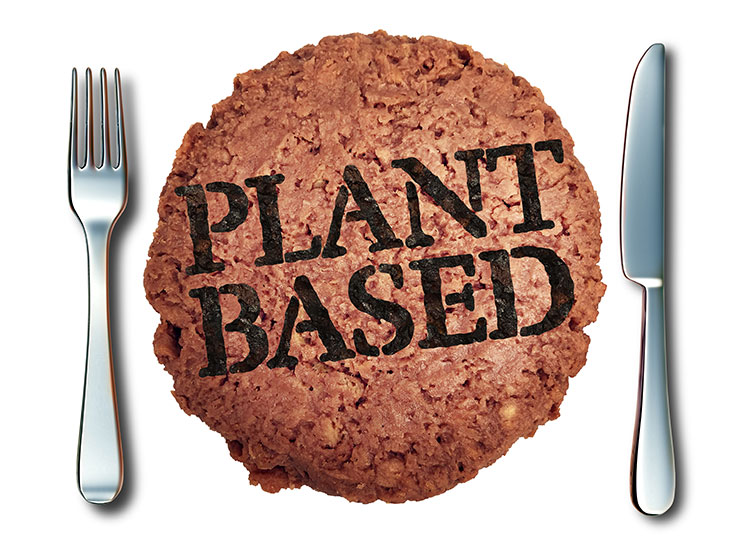
This year has witnessed many restaurants introducing meat imitators as options on the menu. Burger King, Red Robin, White Castle, Umami Burger, Qdoba, Fat Burger, Hard Rock Café, Cheesecake Factory, Applebees, and Little Caesars are just a few of the restaurants that feature nonmeat burger or meat topping options. Additionally, entertainment venues Dave and Busters and Top Golf have meat imitation options.
As many of the commercials praise the meat substitutes, they include properties that make them taste more like meat options than previous vegetarian burgers did. However, even proponents of plant-based meat substitutes have concerns with their health implications.
Harvard nutrition and environmental health experts are supporters of plant-based meat alternatives, but even they shared their misgivings about these products in a recent Journal of American Medical Assn. article.
They acknowledged the meat alternatives tend to be lower in fat and saturated fat than beef, but these meat imitators are also higher in sodium. Of course, diets that are high in sodium are a risk for high blood pressure, stroke, and heart failure.
“Without further studies, there is no evidence to substantiate that these nutrient differences alone offer a significant health benefit,” the researchers said of these alternatives.
Further, some plant-based alternatives such as the Impossible Burger contain high amounts of heme, which is an iron-containing molecule that is utilized to mimic the meaty flavor of beef. That heme iron has been associated with increased body iron stores and elevated risk of developing Type 2 diabetes.








